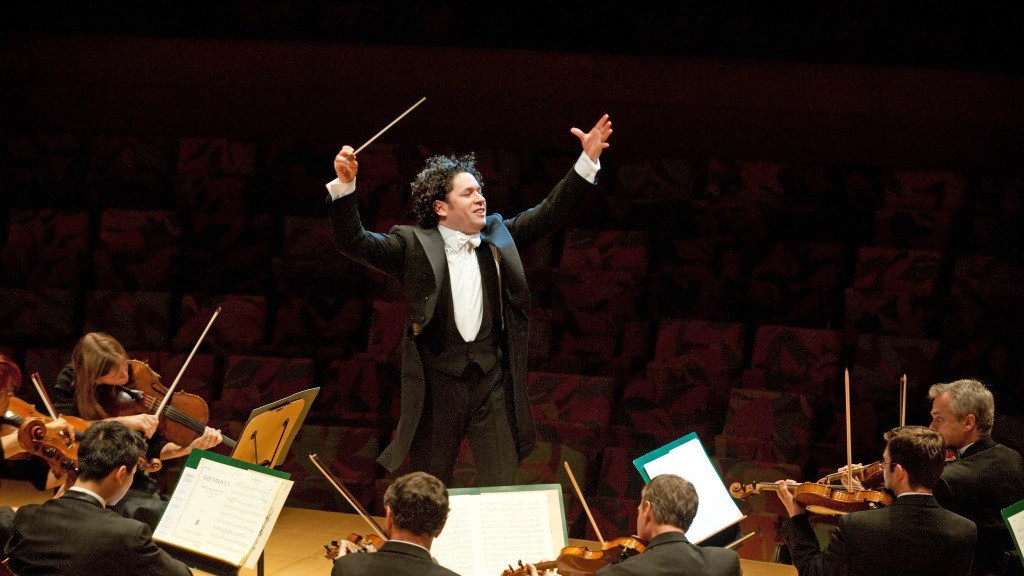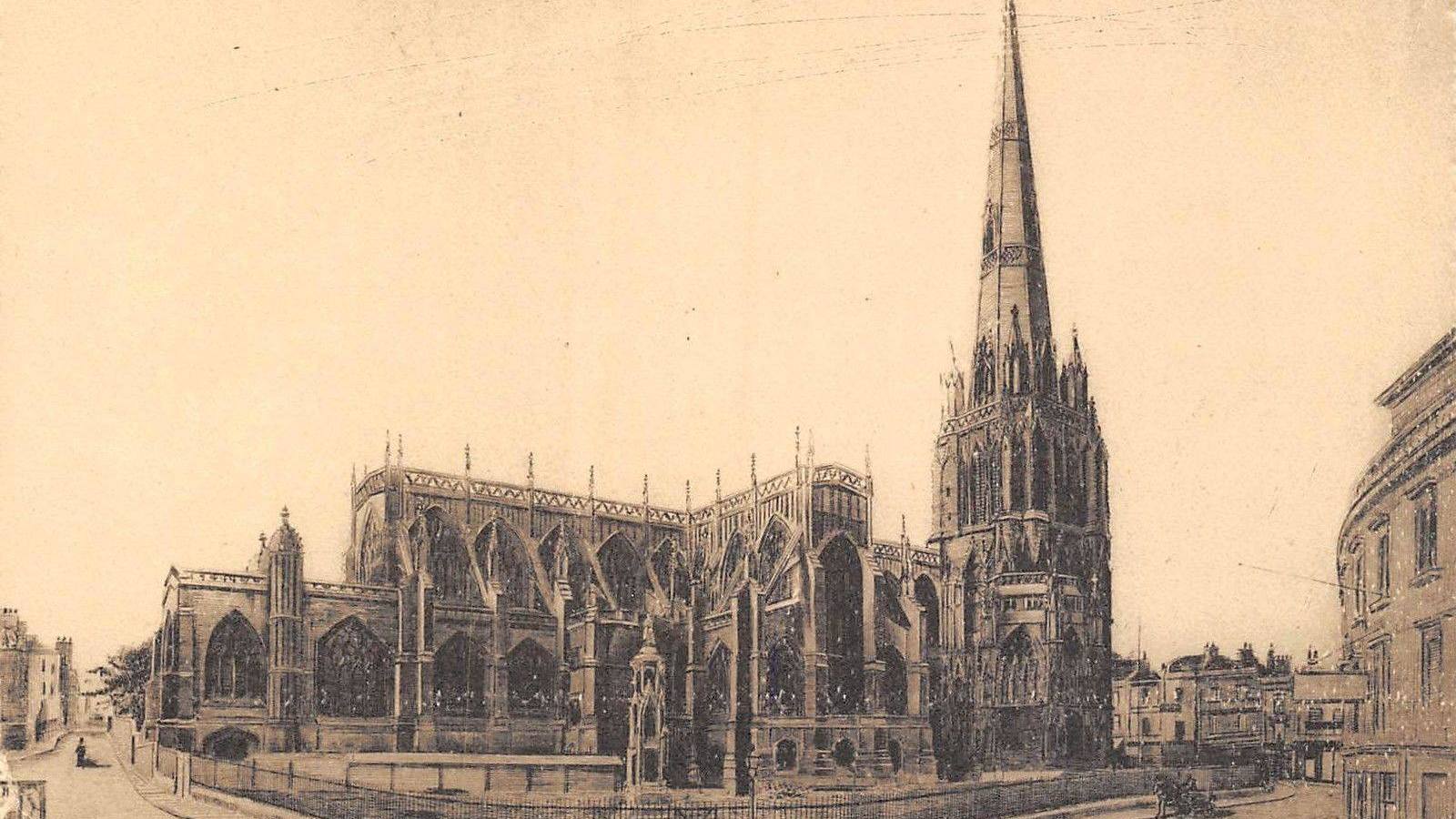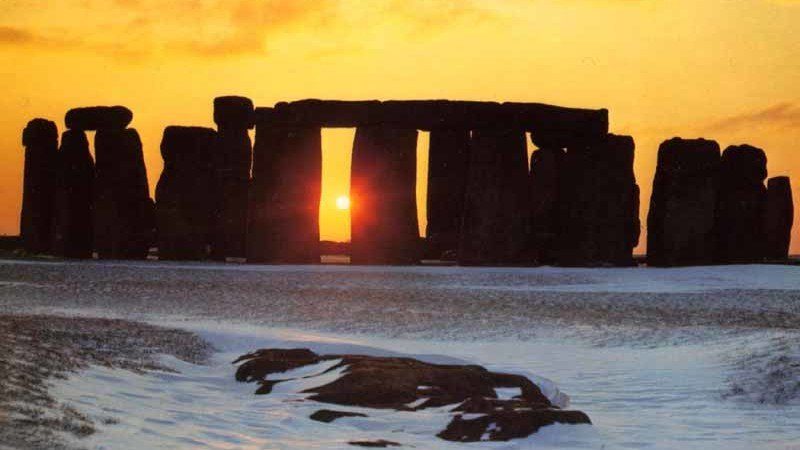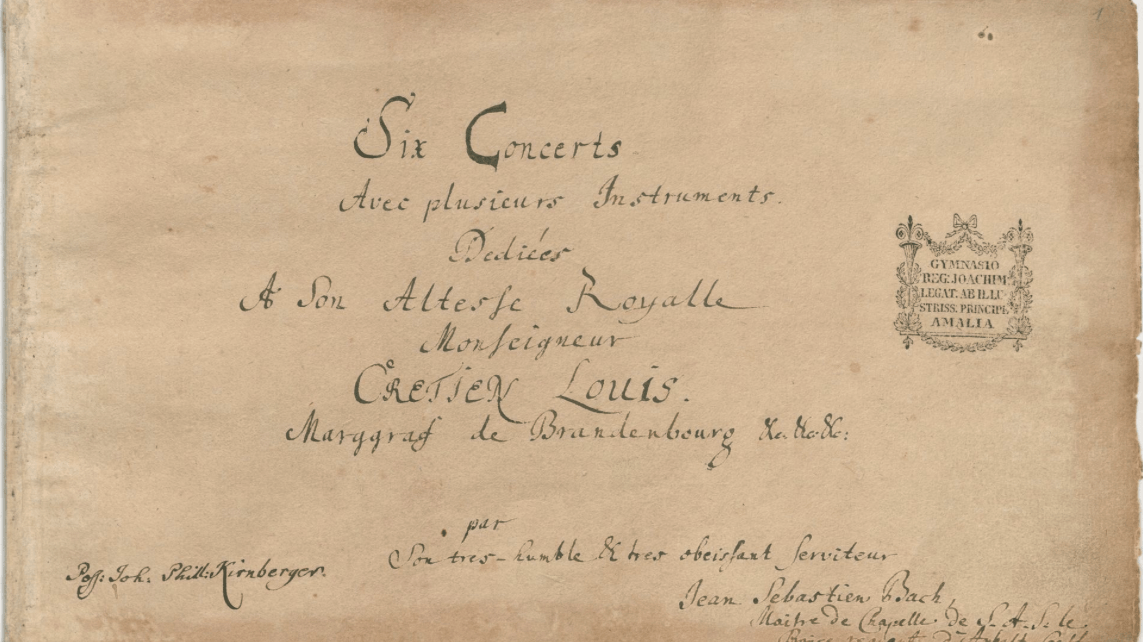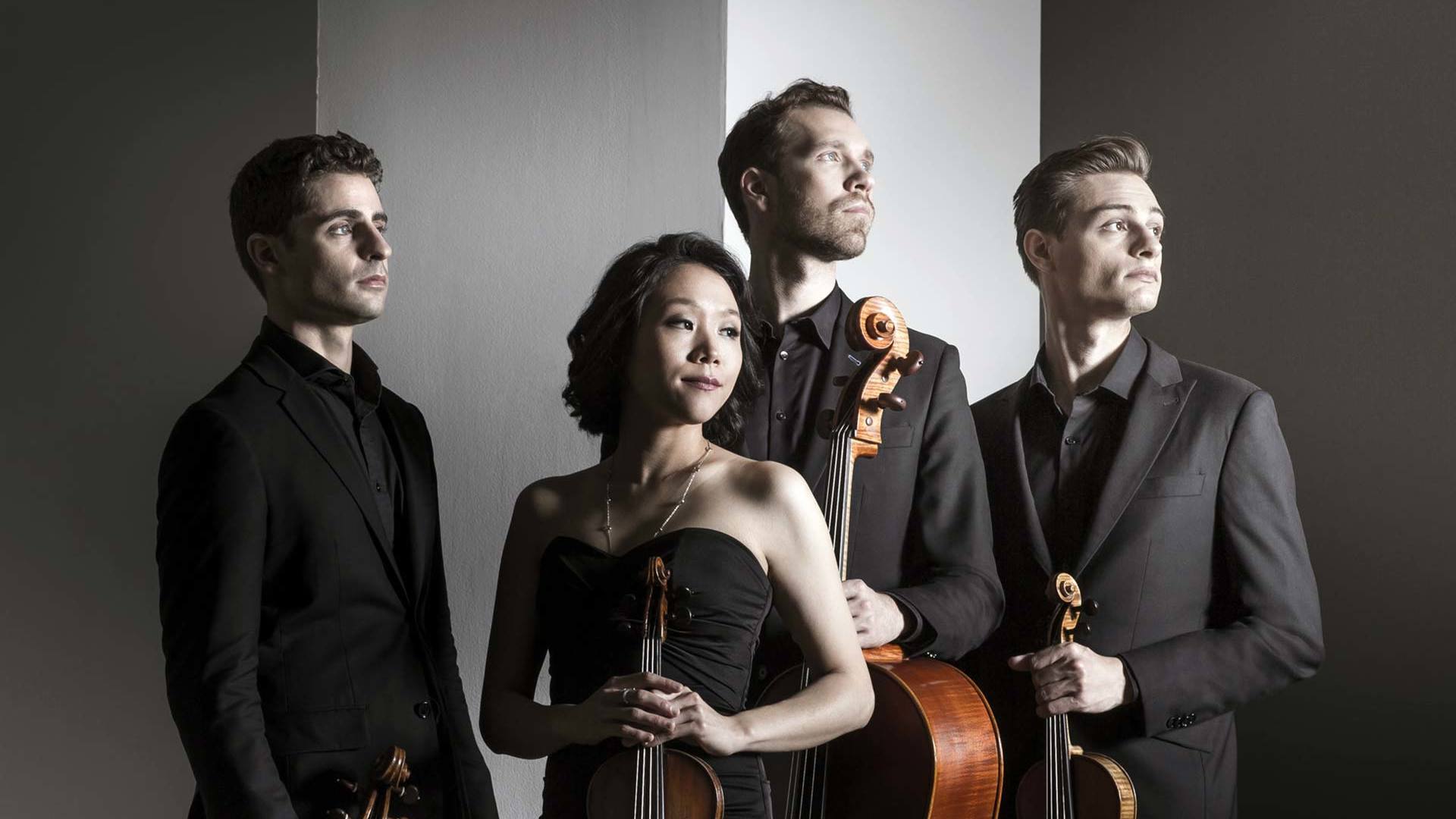Remembering Nancy Wilson
The legendary American jazz singer Nancy Wilson passed away earlier this month on December 13. She was 81. The three-time Grammy-winning artist, who described herself as a “song stylist,” is remembered for ballads like “Guess Who I Saw Today” (1960) and “(You Don’t Know) How Glad I Am” (1964). Over the course of a career that spanned six decades, she accepted occasional acting roles and frequently crossed over into the R&B and pop categories. Years ago, I had the …


